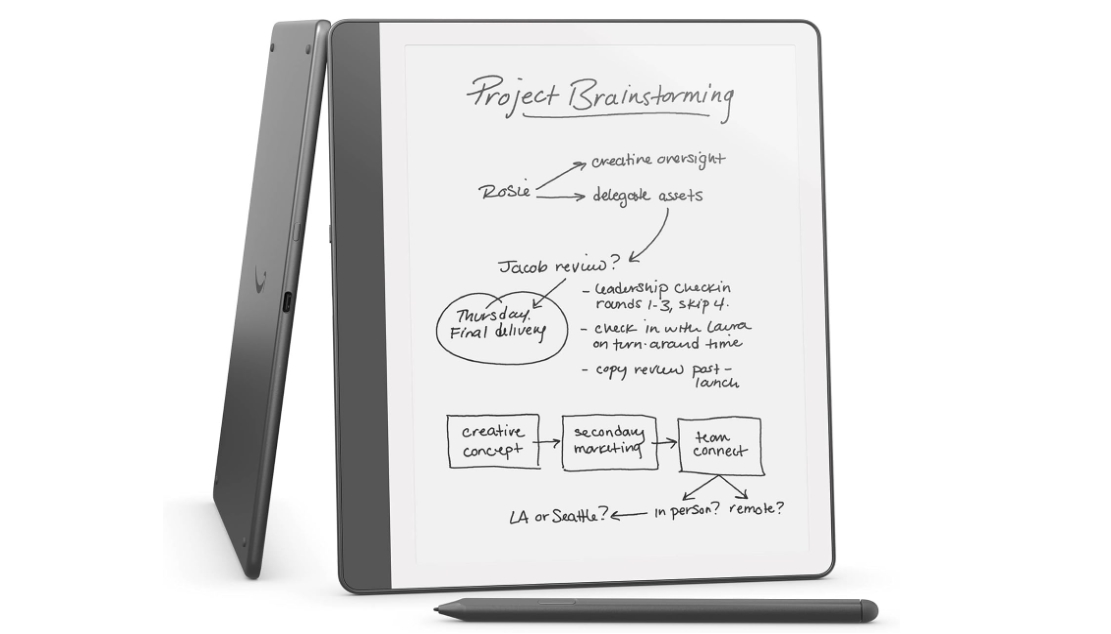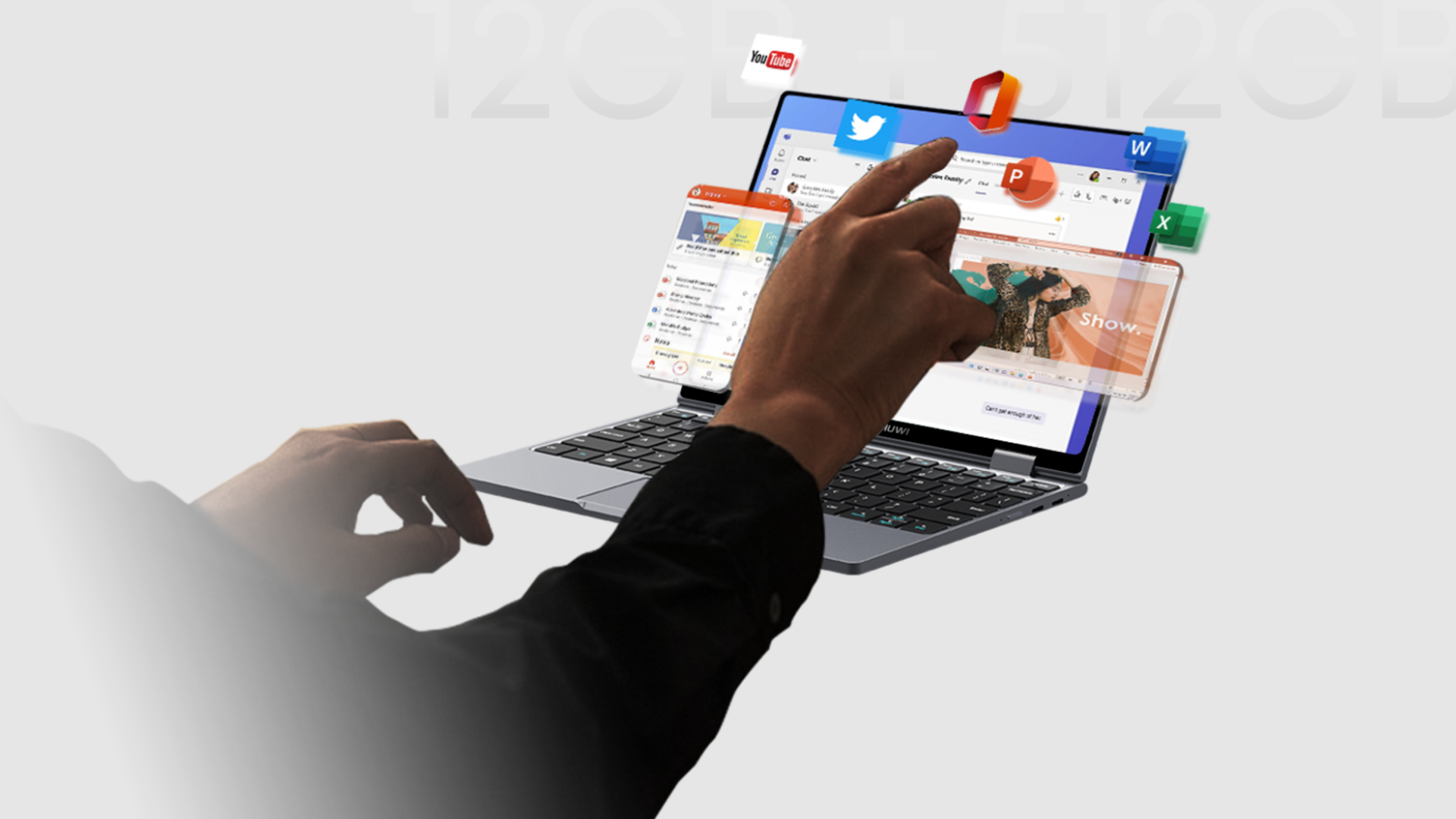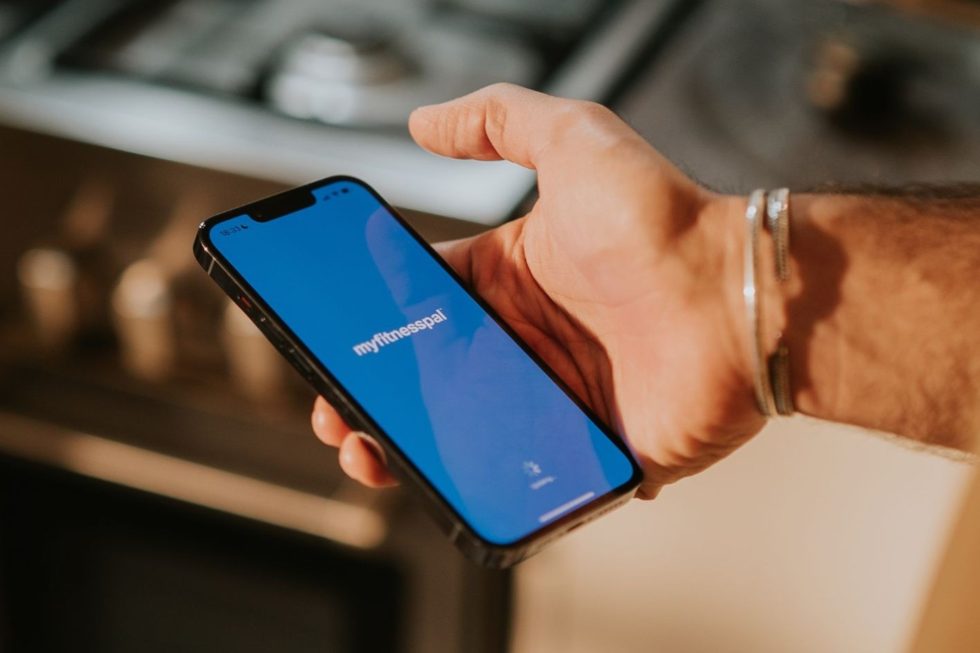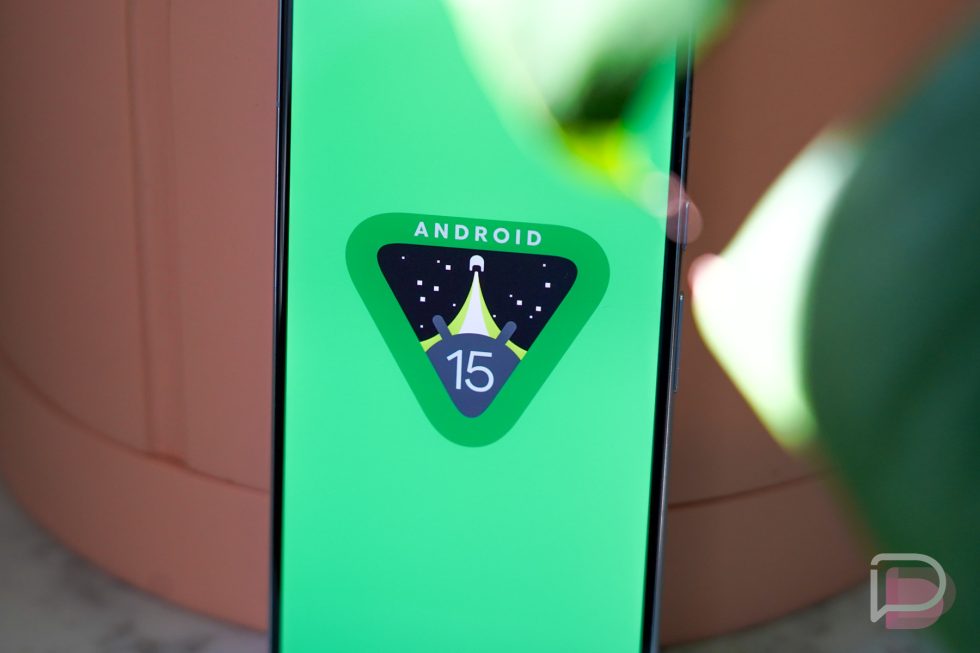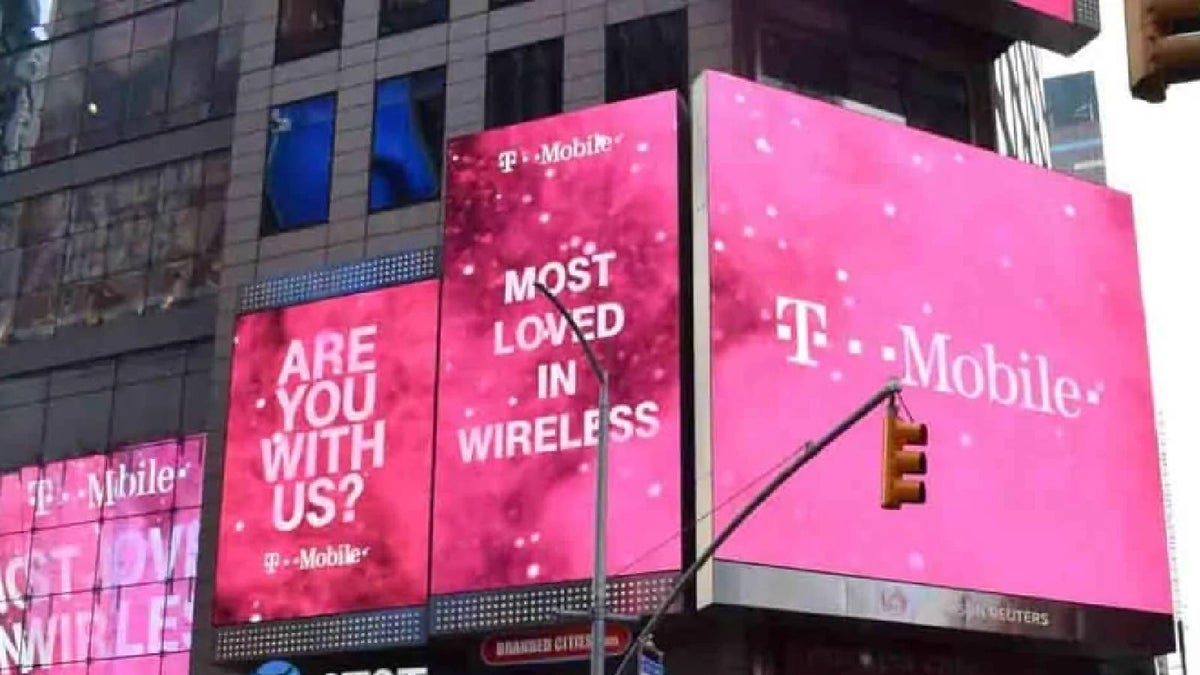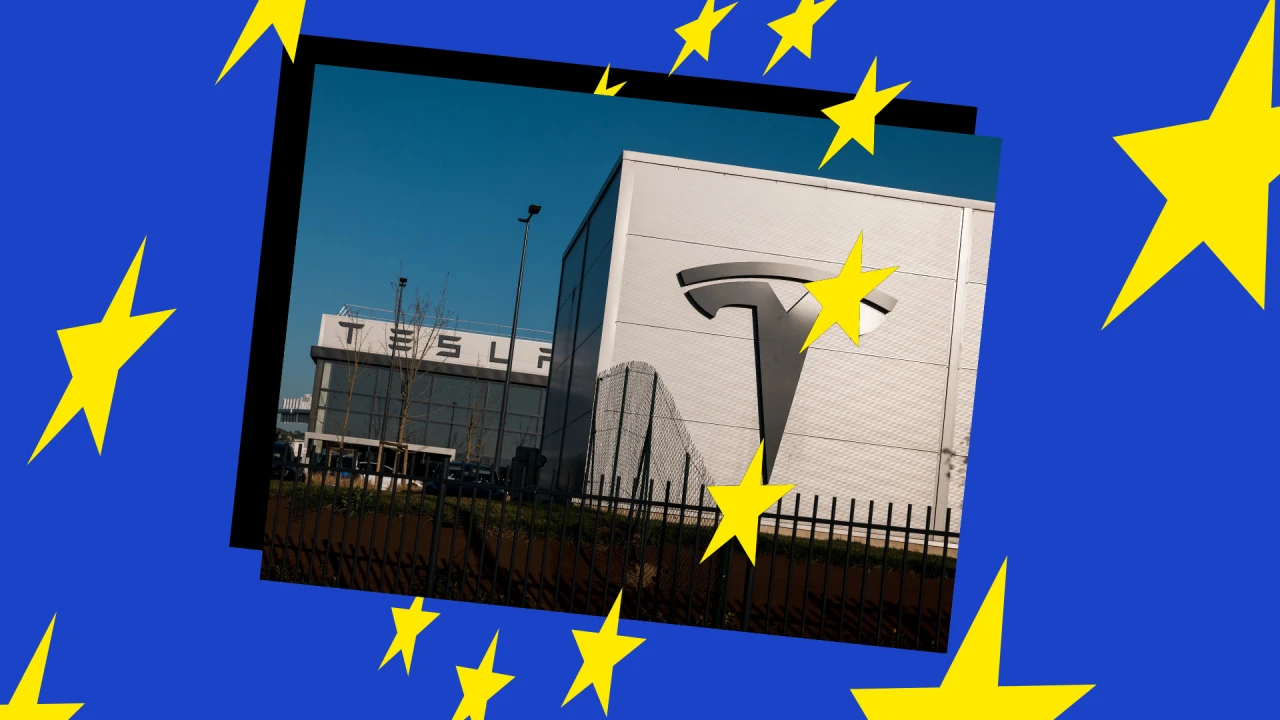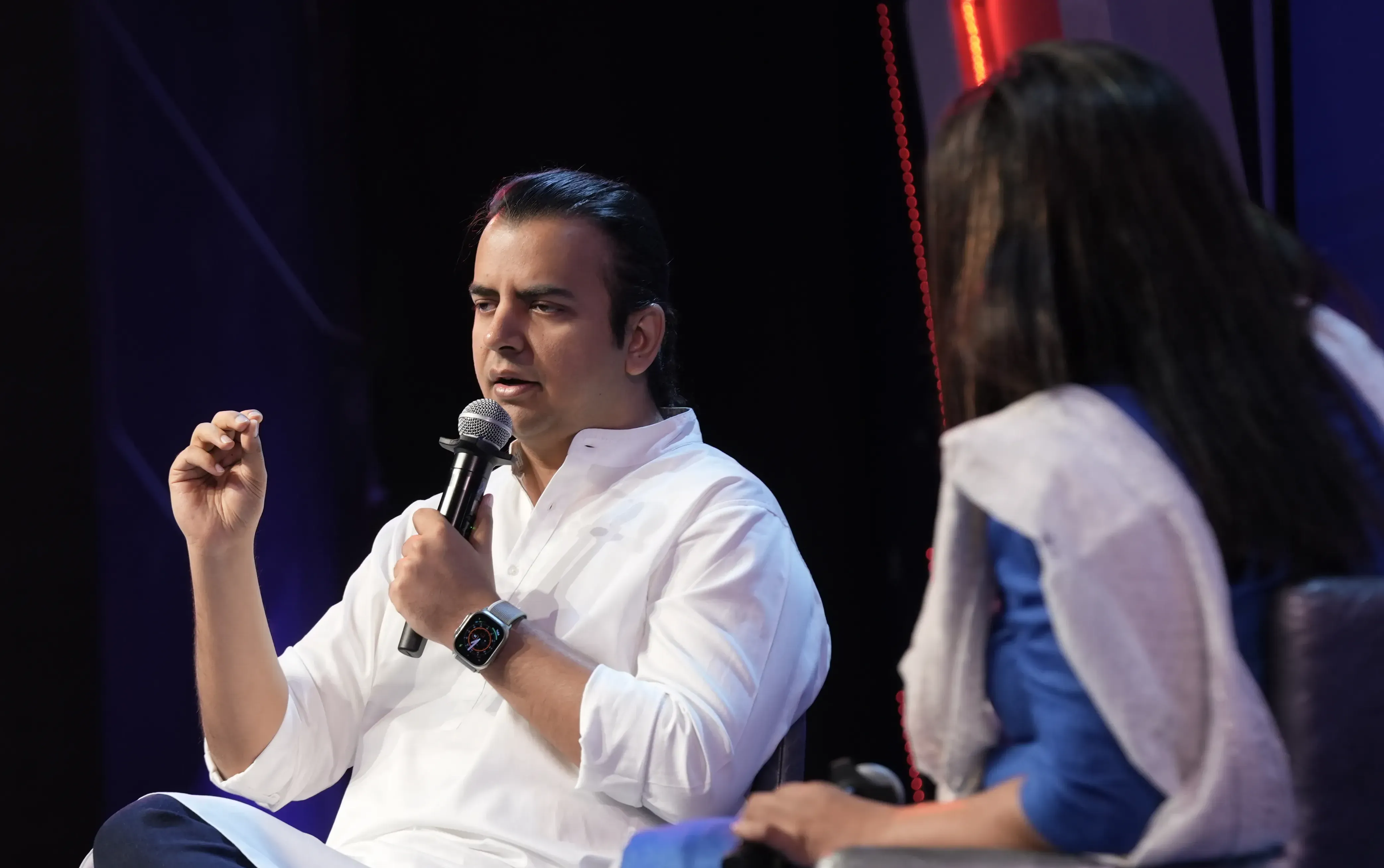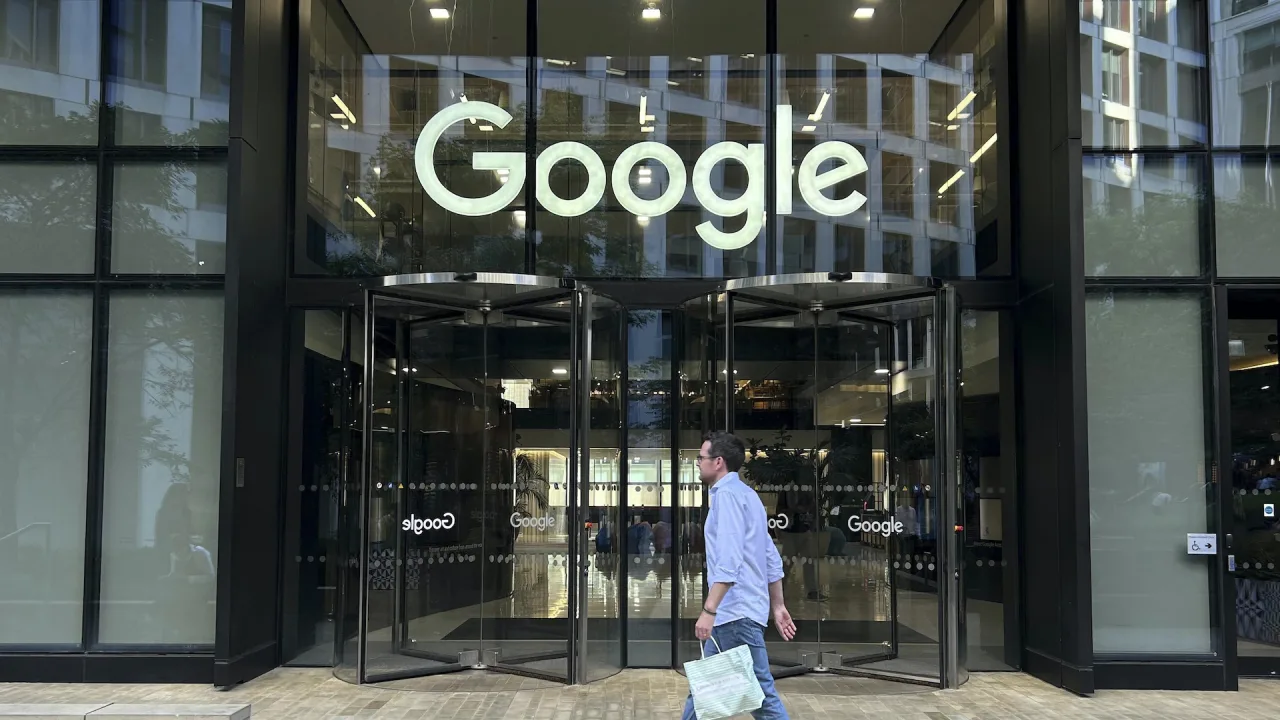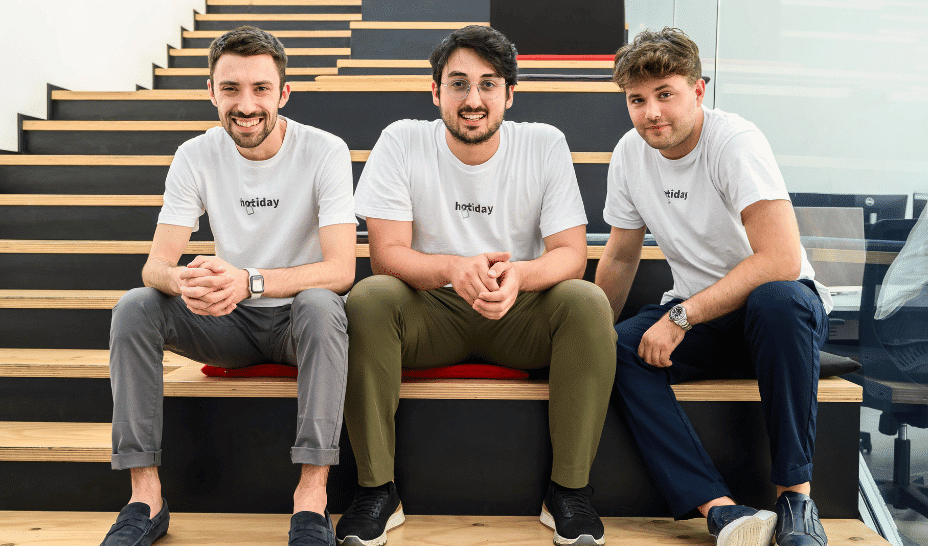MDR, product-led growth, and personal loan slowdown: Key takeaways from Paytm’s Q4 FY25 earnings call
While Paytm’s leadership expressed confidence in eventual UPI monetisation, the fintech giant is not banking solely on regulatory shifts, instead prioritising product-led growth and cost efficiencies powered by AI to drive profitability.


Paytm CEO Vijay Shekhar Sharma believes MDR (merchant discount rate) on UPI for large merchants could be introduced in the near future, calling it a “sooner-than-later” development on the company’s Q4 earnings call.
However, he emphasised that the fintech giant is not banking solely on regulatory shifts, instead prioritising product-led growth and cost efficiencies powered by AI to drive profitability.
“We do believe MDR on UPI should show up sooner rather than later,” Sharma said, adding that it would unlock monetisation avenues for QR deployments and merchant acquiring. But he cautioned, “We are not here to predict government moves. Our focus is on building a product so good that growth comes without blitzscaling marketing spends.”
While Paytm’s leadership expressed confidence in eventual UPI monetisation, they tempered expectations, noting that incentives for small-ticket transactions have already dwindled.
CFO Madhur Deora highlighted that UPI incentives contributed just Rs 70 crore in Q4, down sharply year-on-year due to government cuts.
The company’s payment processing margin, excluding UPI incentives, held steady above three basis points (bps), with net payment margin rising 4% QoQ to Rs 508 crore. “Once MDR is allowed, it could mirror credit/debit card margins where competitive intensity dictates net yields,” Deora explained. Paytm plans to update its margin guidance once clarity on MDR emerges.
Paytm’s monthly transacting users (MTU) inched up to 7.2 crore in Q4, despite a 25% YoY drop, as the company prioritised app simplicity over aggressive customer acquisition. “We cut marketing spends and let the product speak,” Sharma said, citing features like transaction-hiding in passbooks that “spread like wildfire.” Non-sales employee costs plunged 36% YoY, aided by AI-driven productivity gains.
The revamped app, focused on payments and financial services, has driven higher engagement among existing users. “Discipline in marketing doesn’t mean stagnation. We aim for 200-250 million highly engaged users, not just registered ones,” Sharma asserted.
Paytm is recalibrating its lending strategy amid a sector-wide slowdown in unsecured personal loans, pivoting toward secured credit products and doubling down on merchant lending partnerships backed by Default Loss Guarantee (DLG) arrangements.
The shift comes as the company reported a 9% quarter-on-quarter rise in financial services revenue to Rs 545 crore ($65 million) for Q4 FY2025, driven largely by higher-margin merchant loans and improved collection efficiencies.
Paytm’s personal loan disbursements fell to Rs 1,422 crore in Q4, down 19% from Rs 1,746 crore in the previous quarter, mirroring broader industry caution. “Lenders have taken a conservative view over the last two years due to the credit cycle,” Sharma said during the earnings call, noting that partners tightened risk policies.
"Personal credit, unless something bigger changes, will not see much larger growth.” he added.
Indian fintech lenders disbursed Rs 25,050 lakh crore in personal loans during Q3 FY 24-25, marking a 15% decline from Rs 29,608 lakh crore in the previous quarter, according to a report by FACE. This quarter-on-quarter decline is the sharpest since Q1 FY 20-21, when disbursal volumes plunged 90% to Rs 699 lakh crore from Rs 6,772 lakh crore following the nationwide COVID-19 lockdown.
The company now relies on 8–10 lending partners for personal loans, with some overlap across products, bringing the total to 14 key partners.
While personal loans stagnate, Paytm’s merchant lending business surged, with disbursements rising 13% QoQ to Rs 4,315 crore. This segment now accounts for over 75% of total loan distribution value. The growth is underpinned by DLG arrangements, where Paytm guarantees a portion of potential defaults to reassure lenders.
Edited by Affirunisa Kankudti















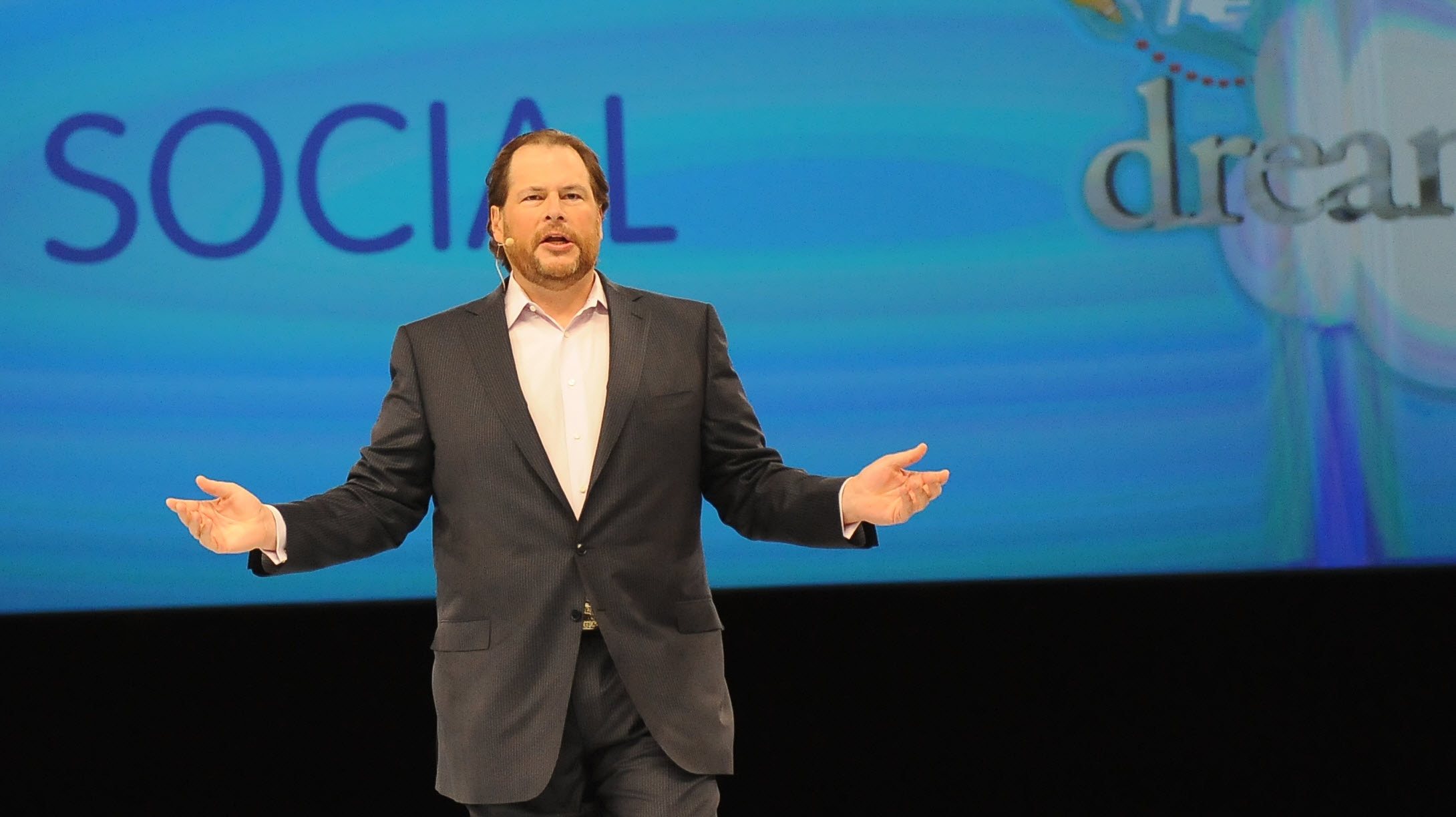
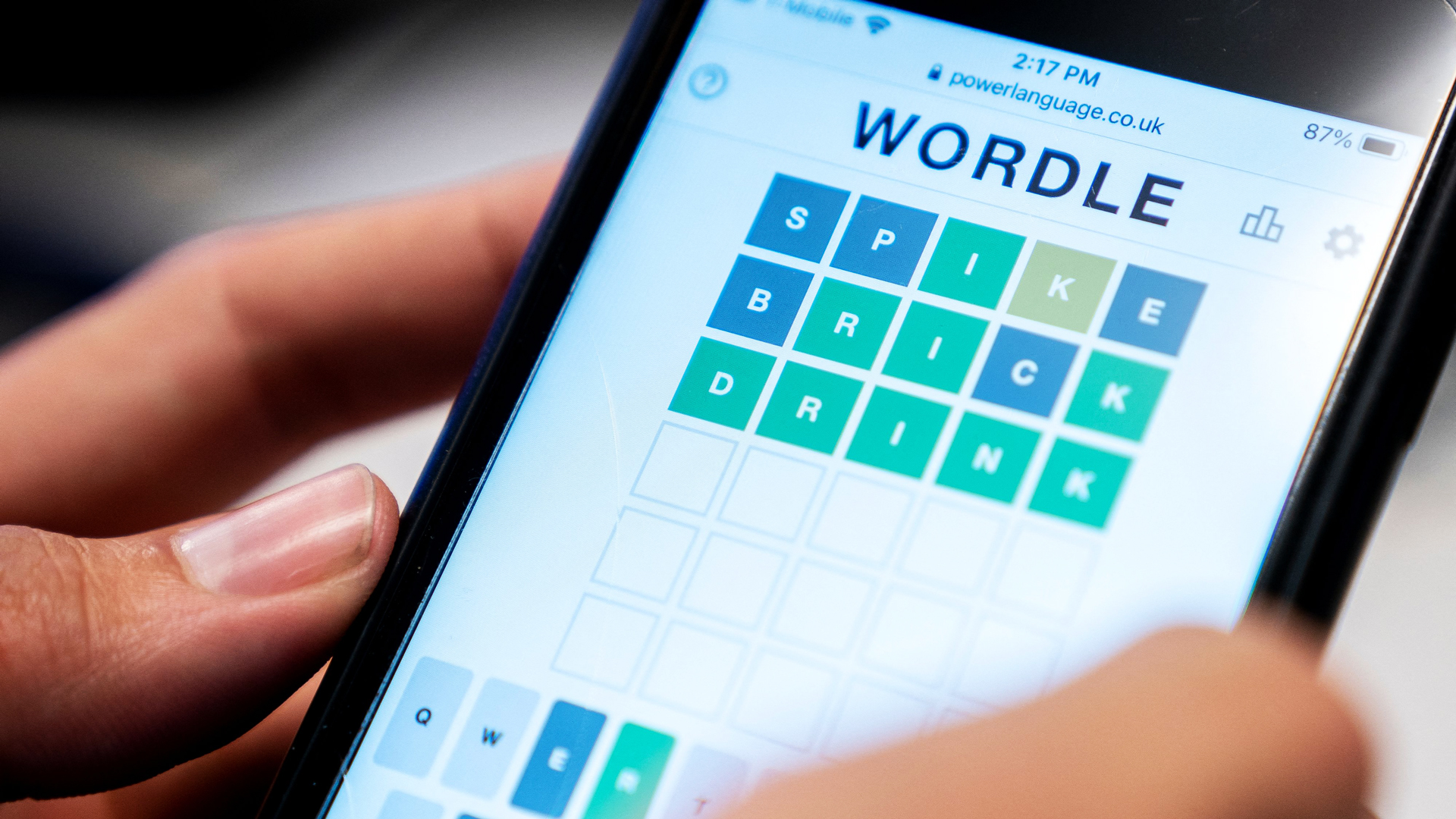





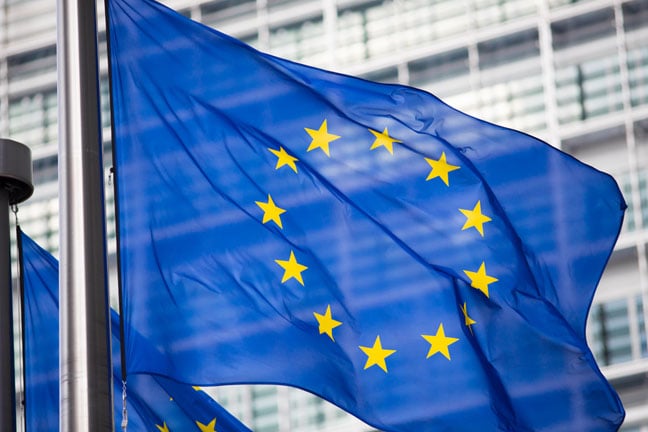















































































































































![[The AI Show Episode 146]: Rise of “AI-First” Companies, AI Job Disruption, GPT-4o Update Gets Rolled Back, How Big Consulting Firms Use AI, and Meta AI App](https://www.marketingaiinstitute.com/hubfs/ep%20146%20cover.png)








































































































































































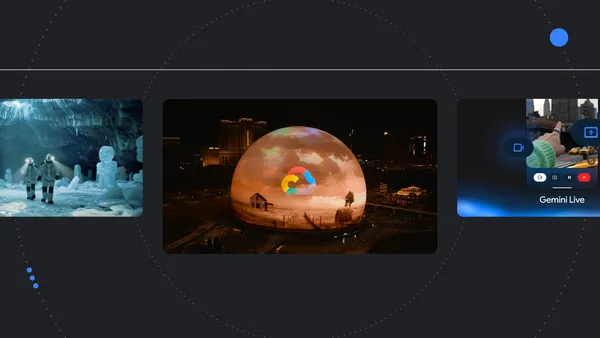
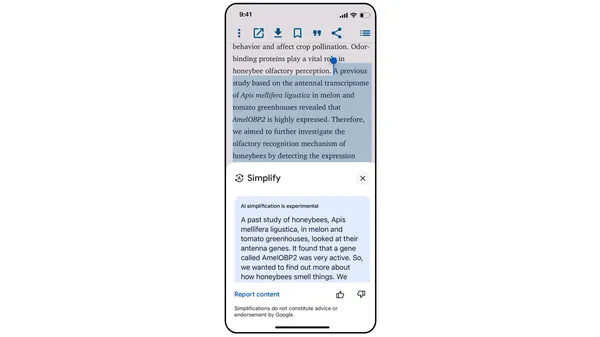







.jpg?width=1920&height=1920&fit=bounds&quality=70&format=jpg&auto=webp#)








































































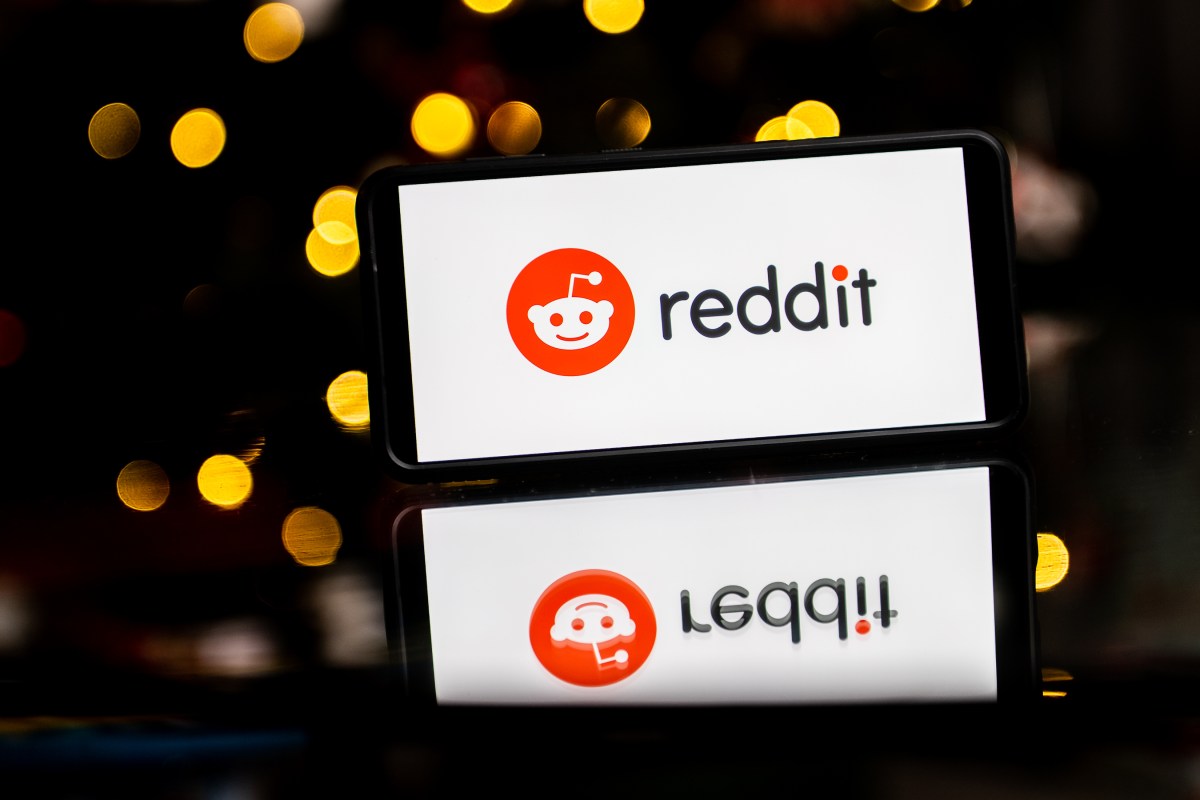
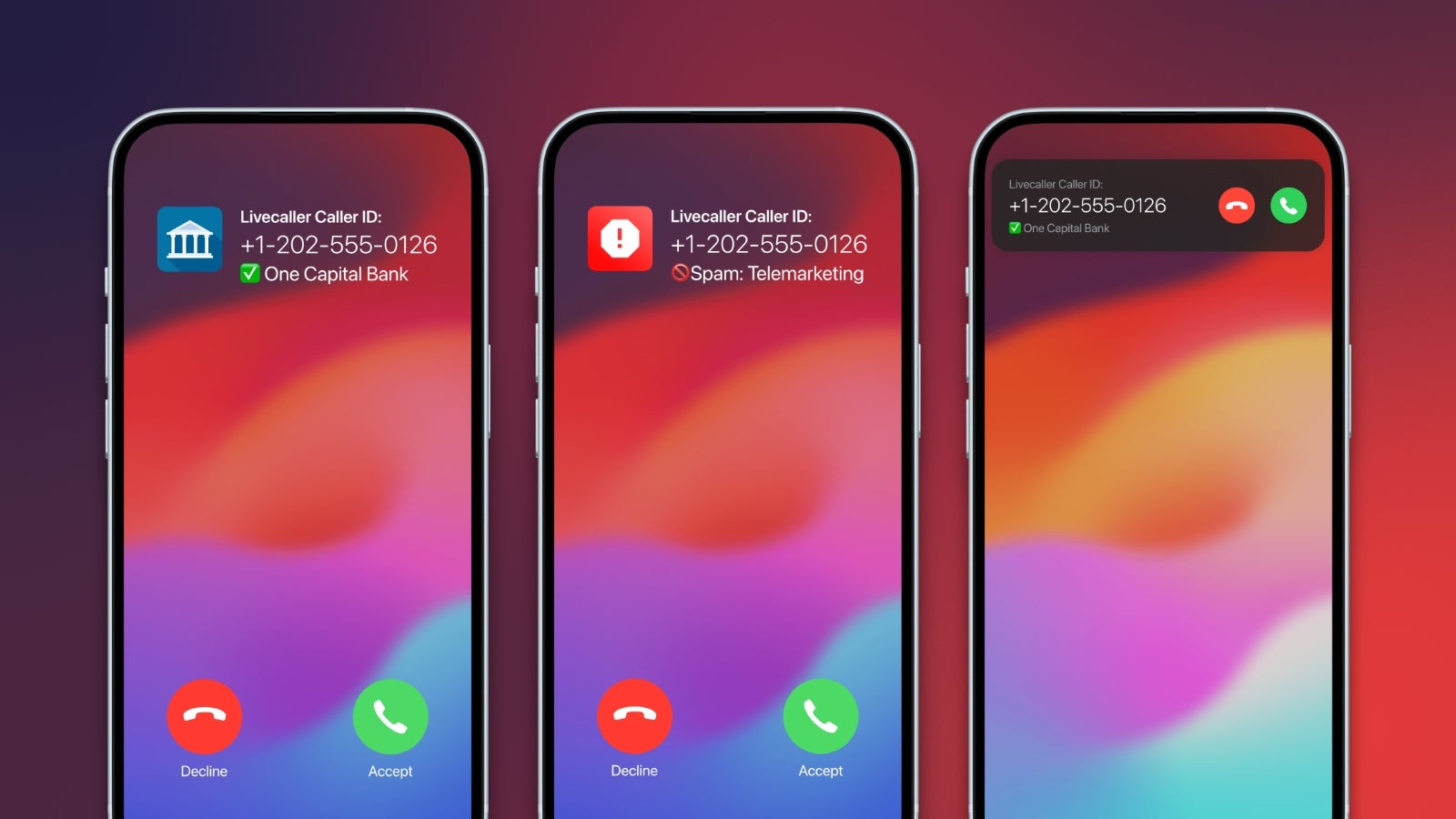
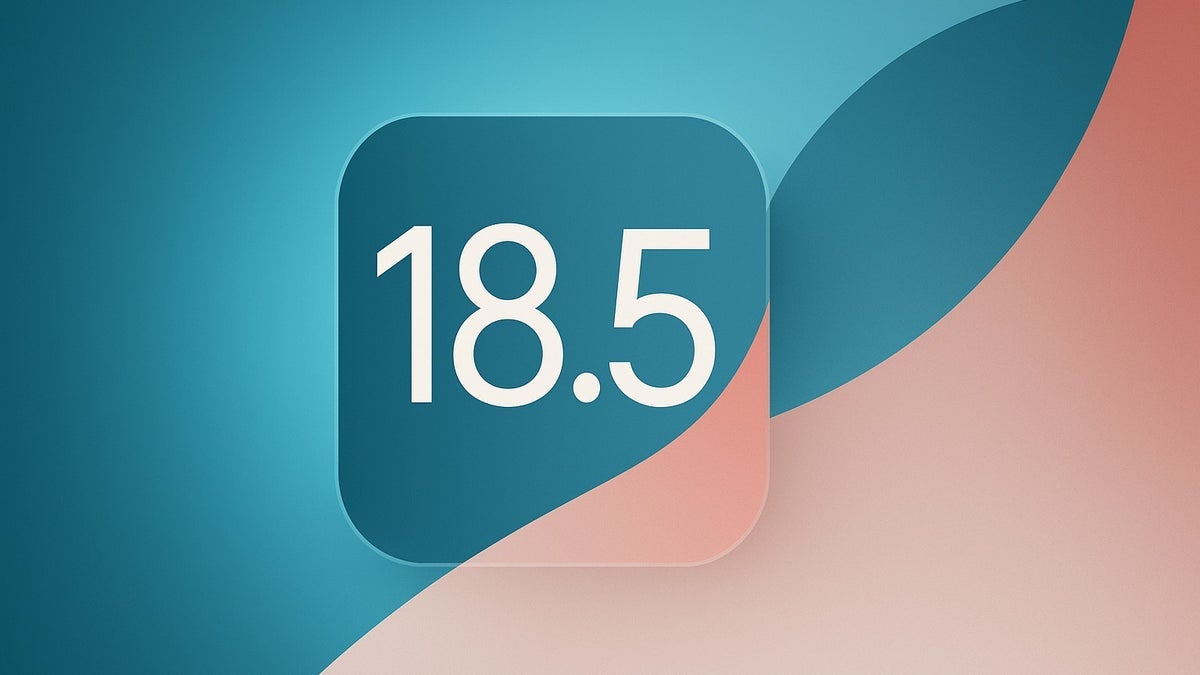









_Brian_Jackson_Alamy.jpg?width=1280&auto=webp&quality=80&disable=upscale#)

_Steven_Jones_Alamy.jpg?width=1280&auto=webp&quality=80&disable=upscale#)


 Stolen 884,000 Credit Card Details on 13 Million Clicks from Users Worldwide.webp?#)




































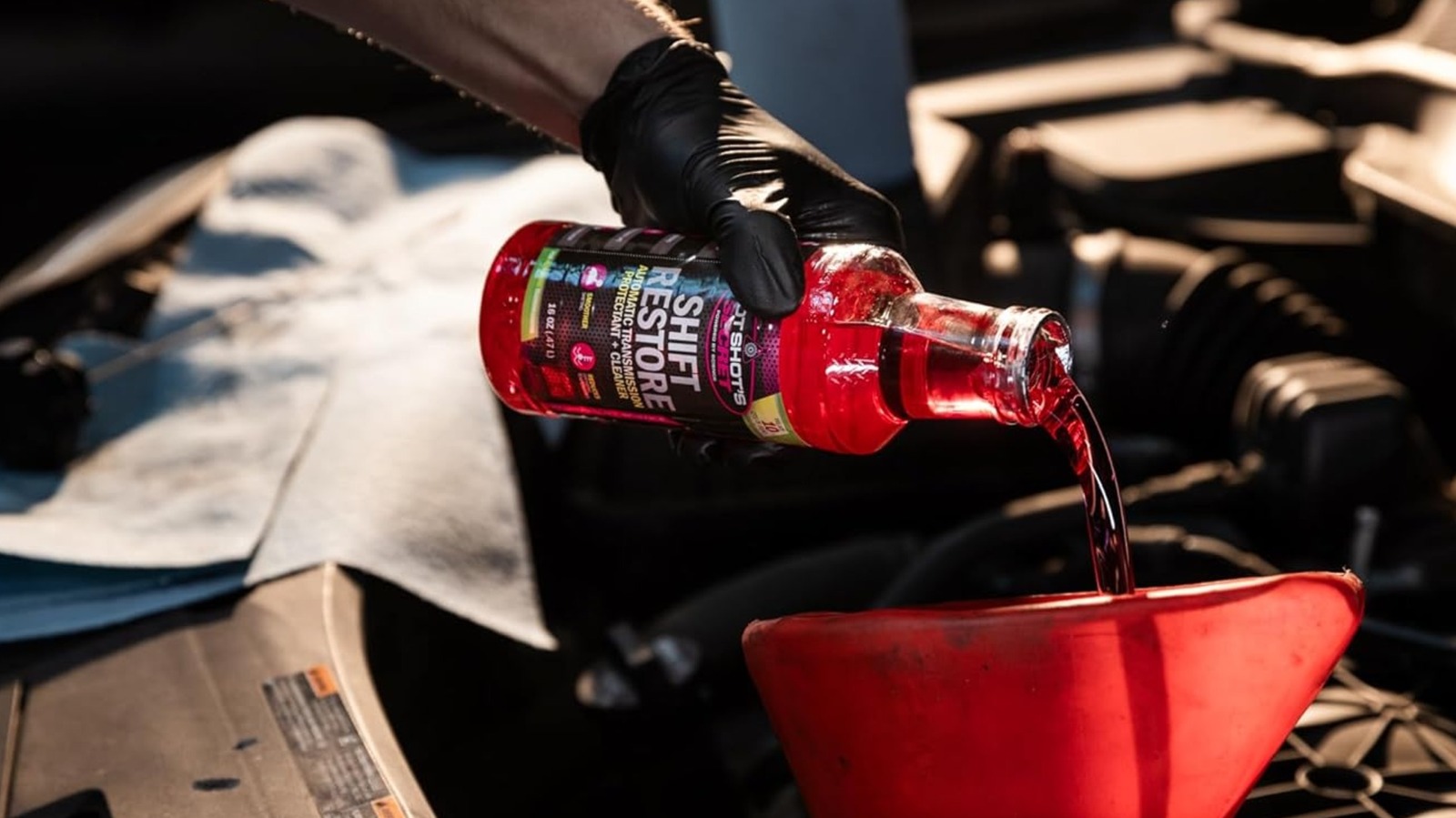













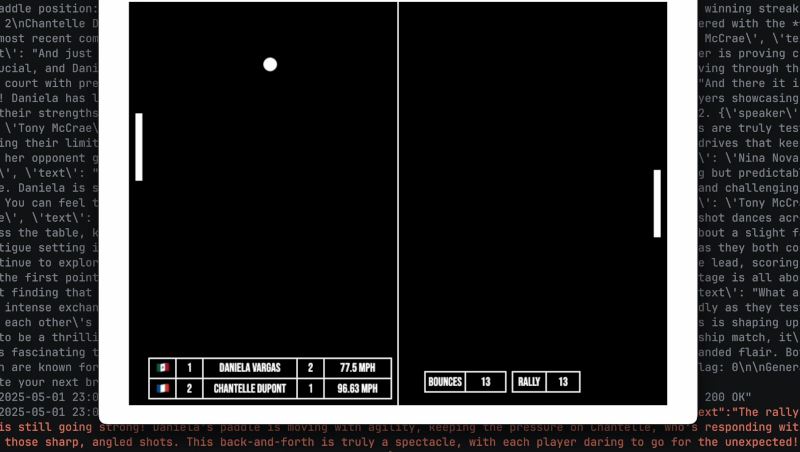






















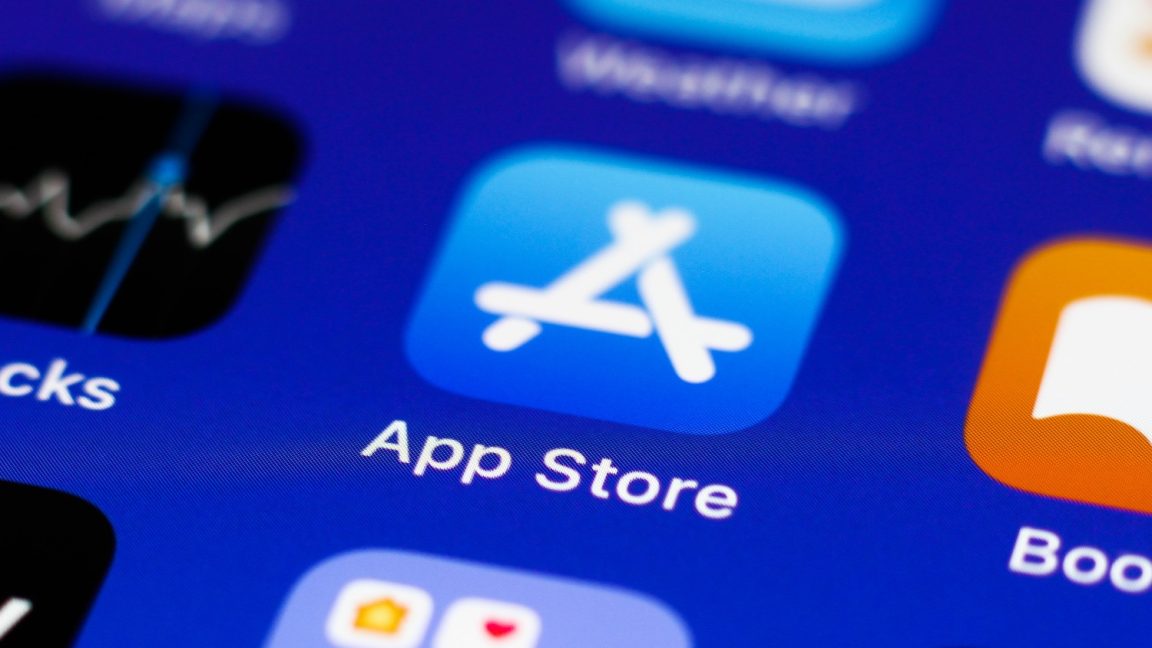


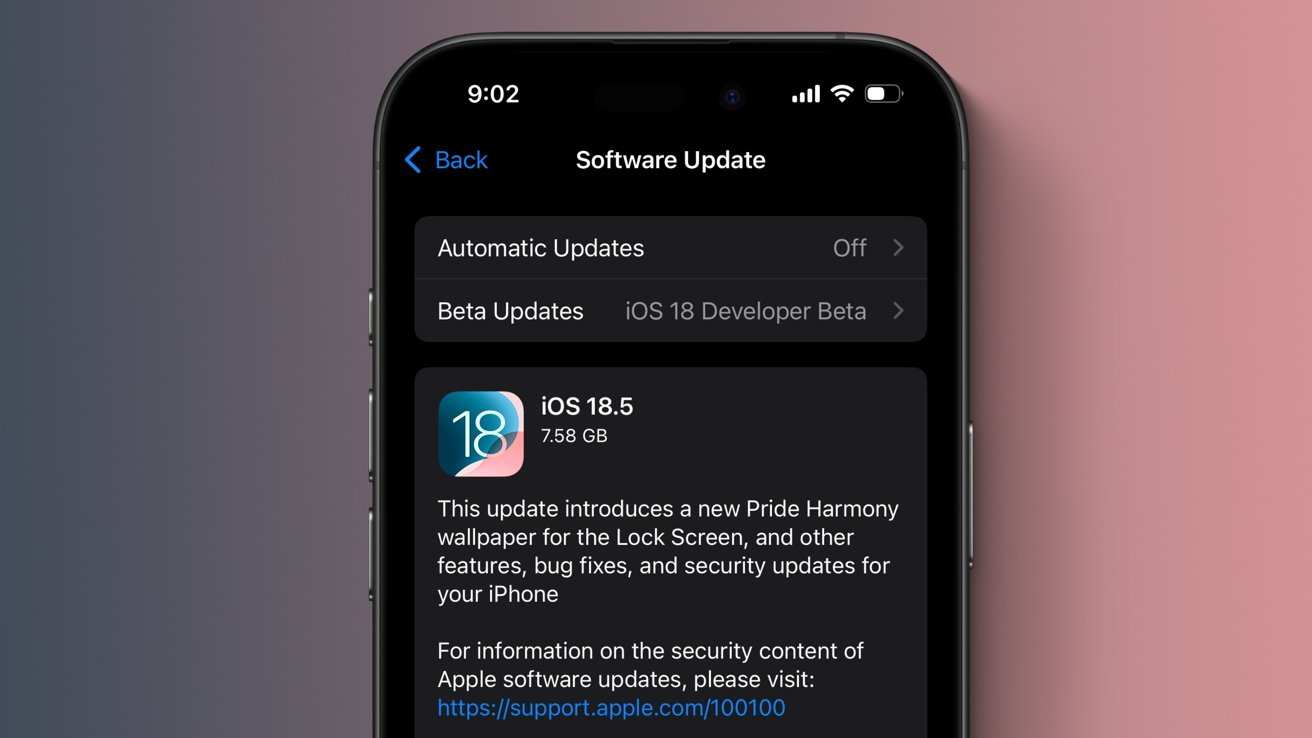

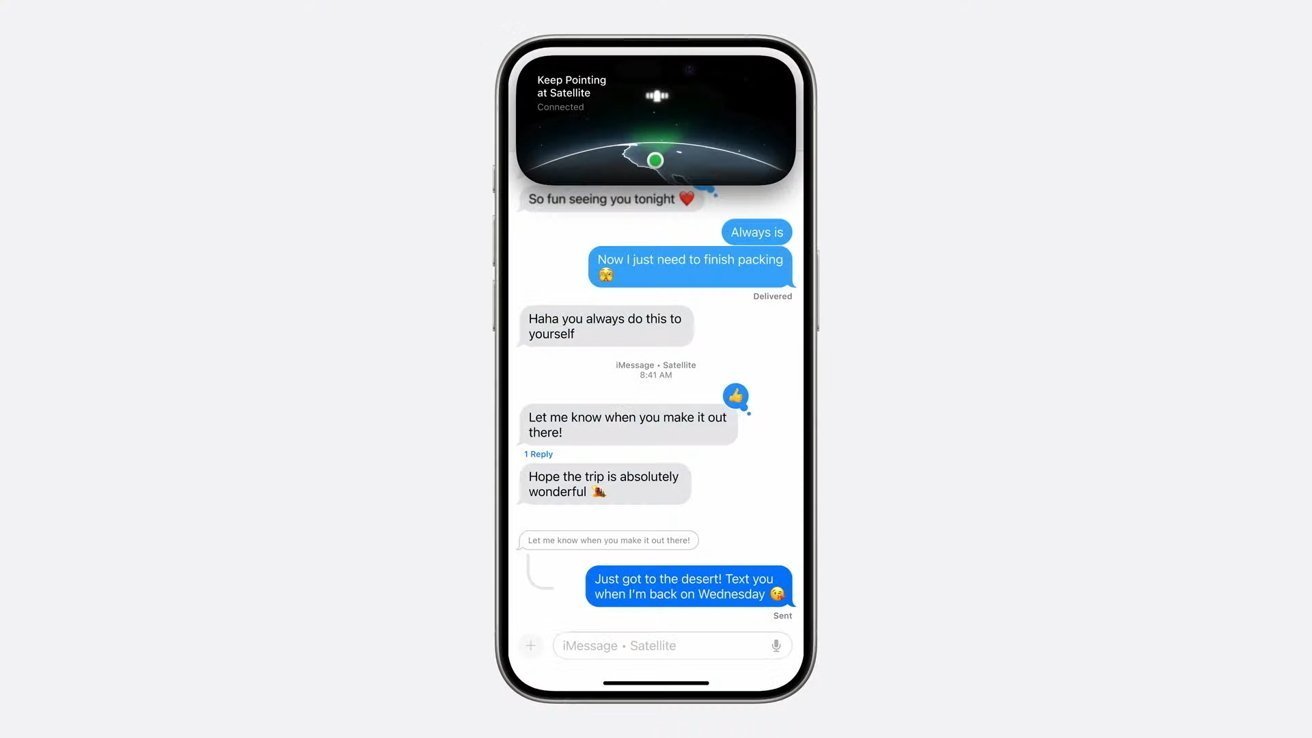

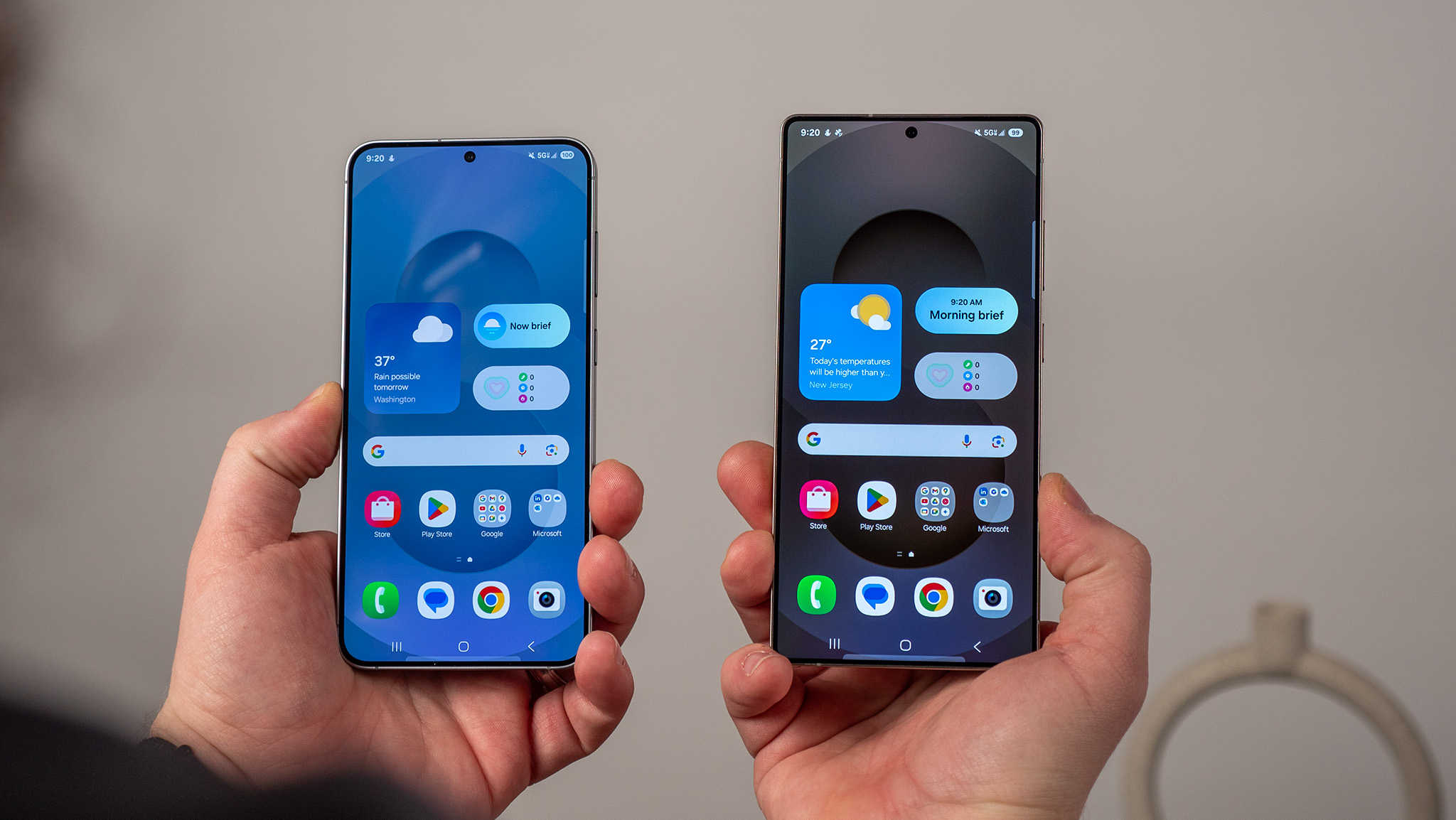

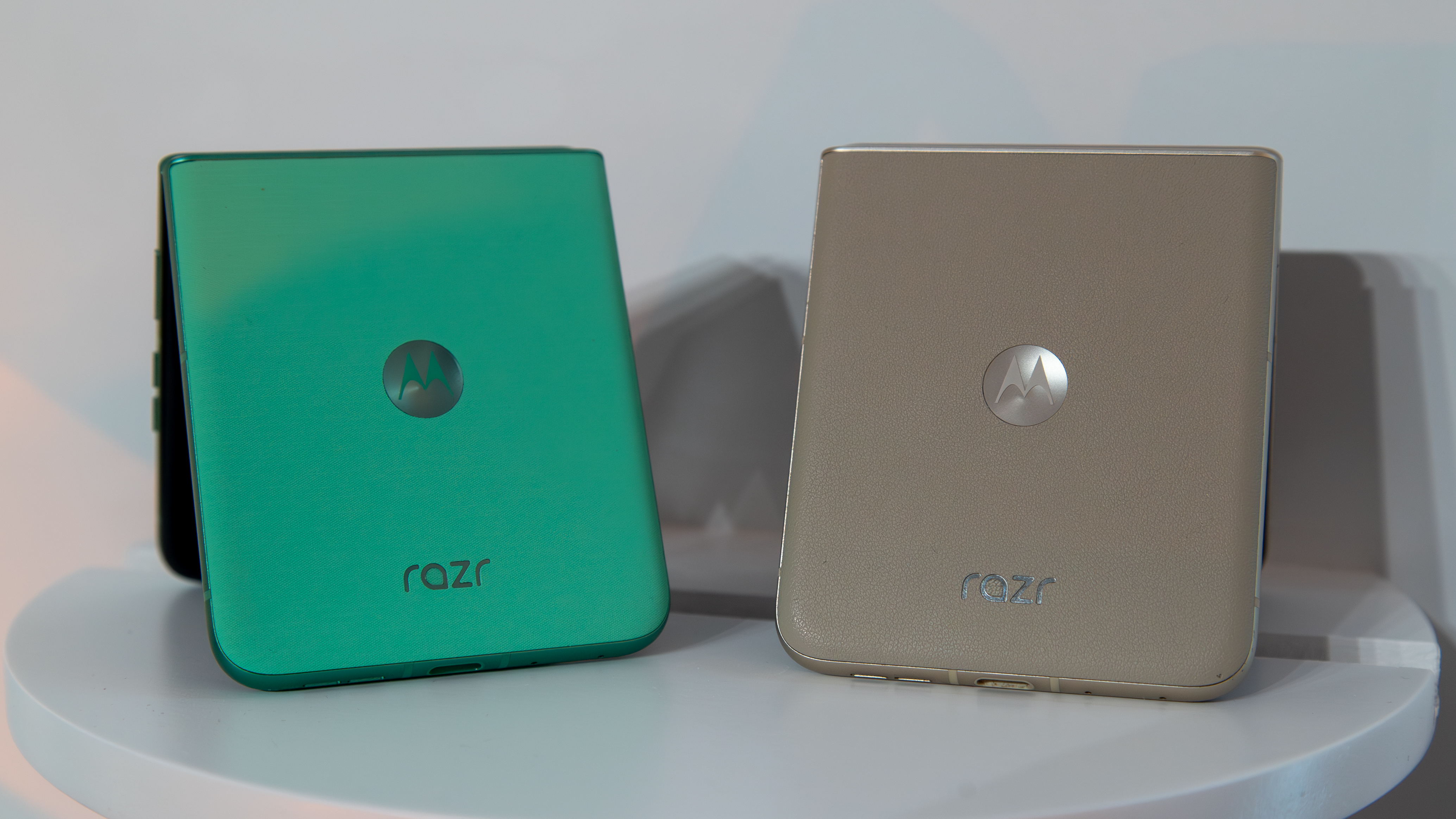
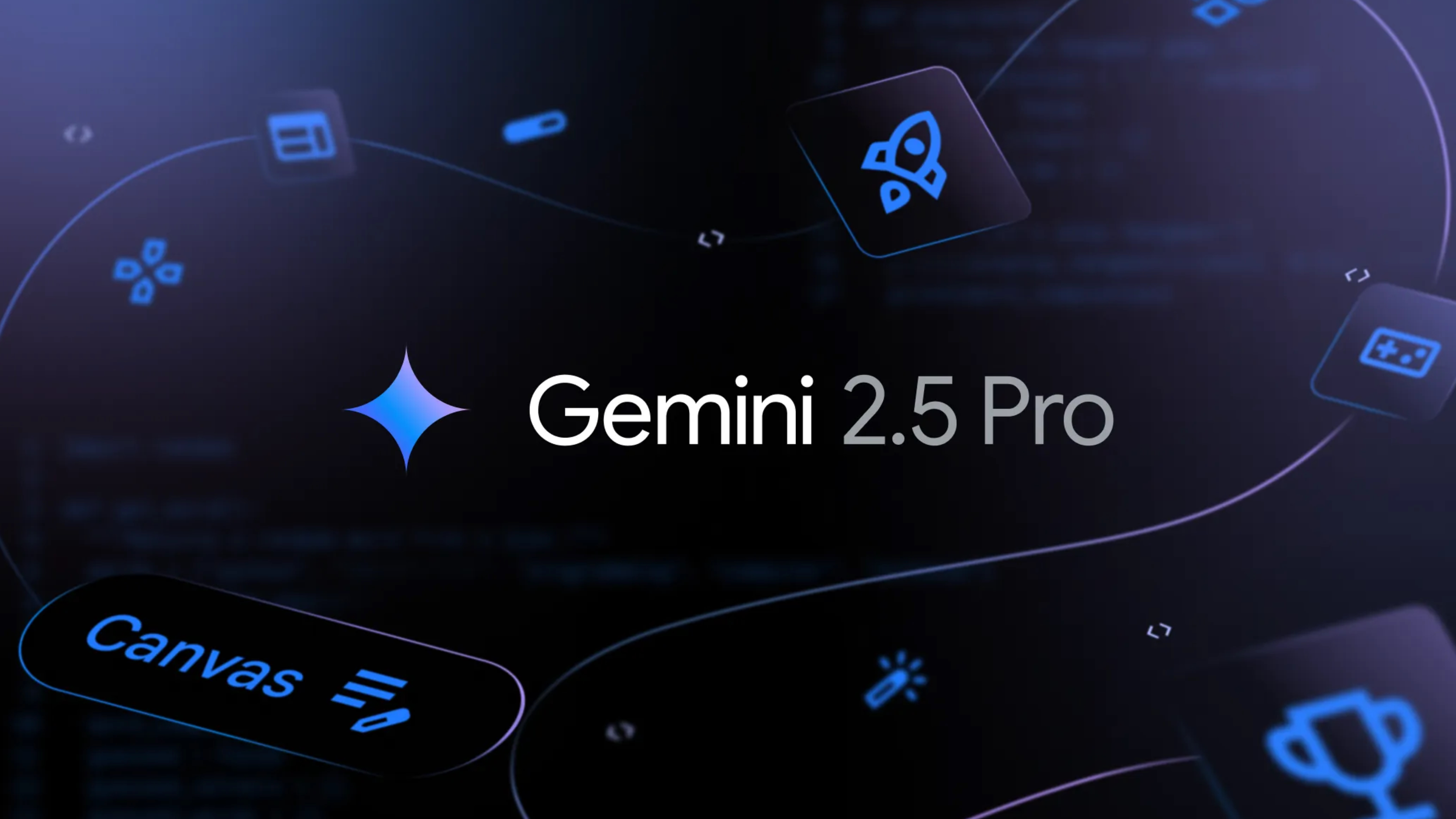
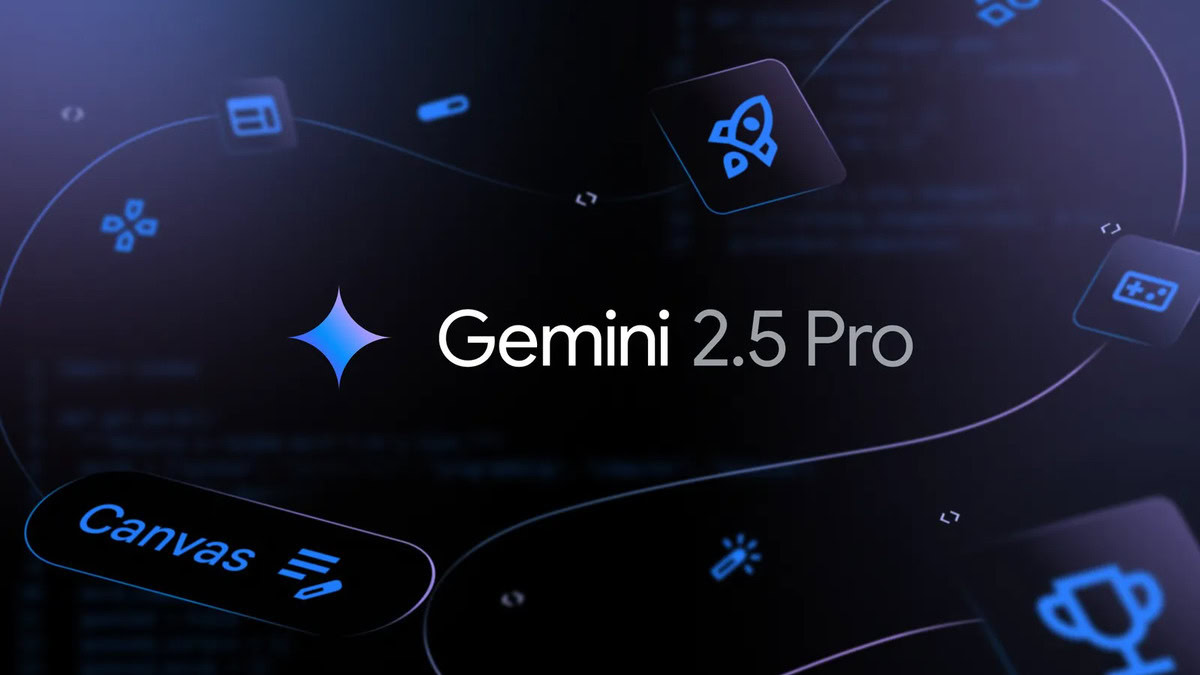








![Look at this Chrome Dino figure and its adorable tiny boombox [Gallery]](https://i0.wp.com/9to5google.com/wp-content/uploads/sites/4/2025/05/chrome-dino-youtube-boombox-1.jpg?resize=1200%2C628&quality=82&strip=all&ssl=1)










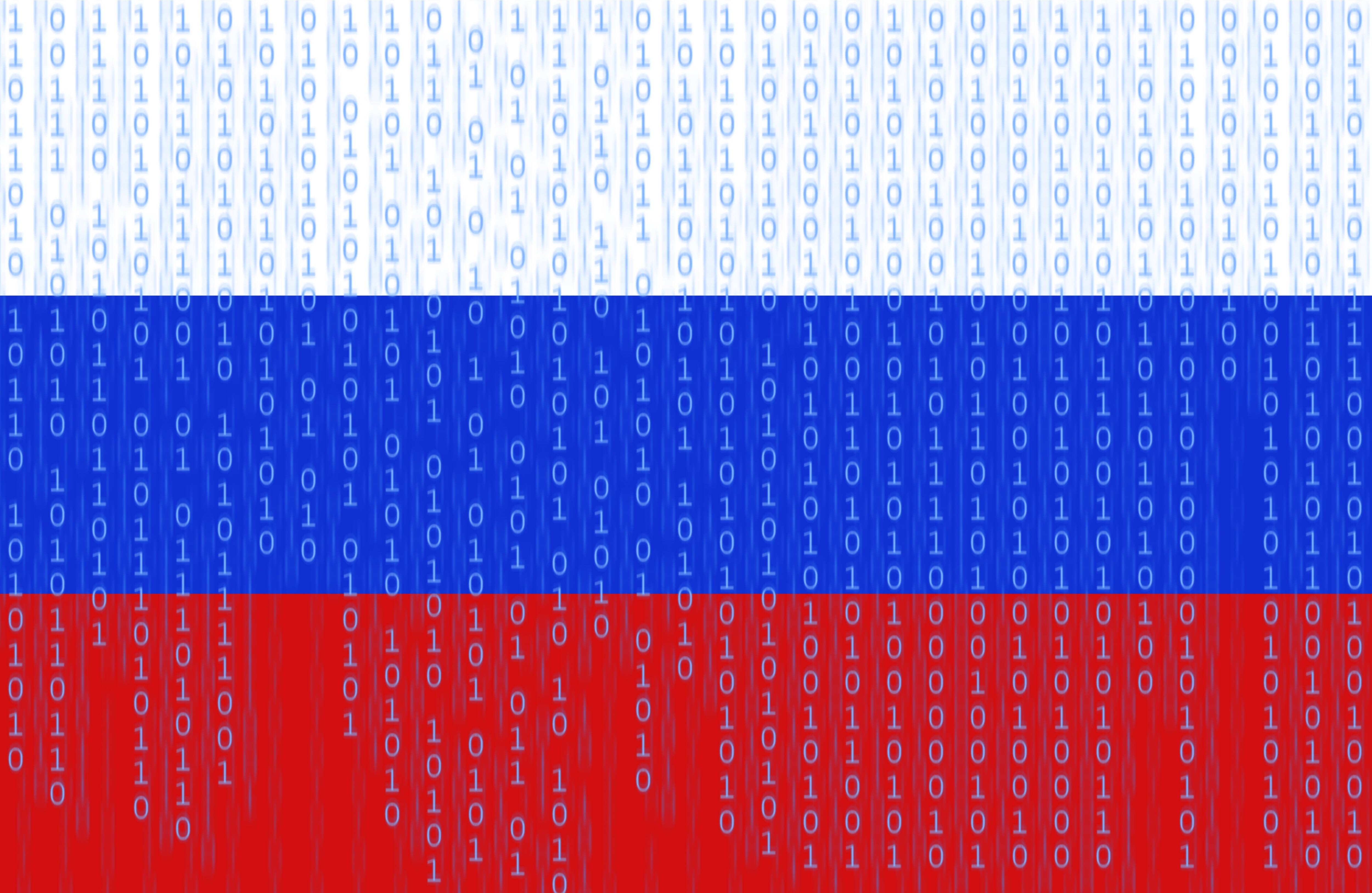
![Apple Seeds visionOS 2.5 RC to Developers [Download]](https://www.iclarified.com/images/news/97240/97240/97240-640.jpg)
![Apple Seeds tvOS 18.5 RC to Developers [Download]](https://www.iclarified.com/images/news/97243/97243/97243-640.jpg)

![Apple Releases macOS Sequoia 15.5 RC to Developers [Download]](https://www.iclarified.com/images/news/97245/97245/97245-640.jpg)












